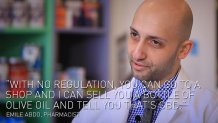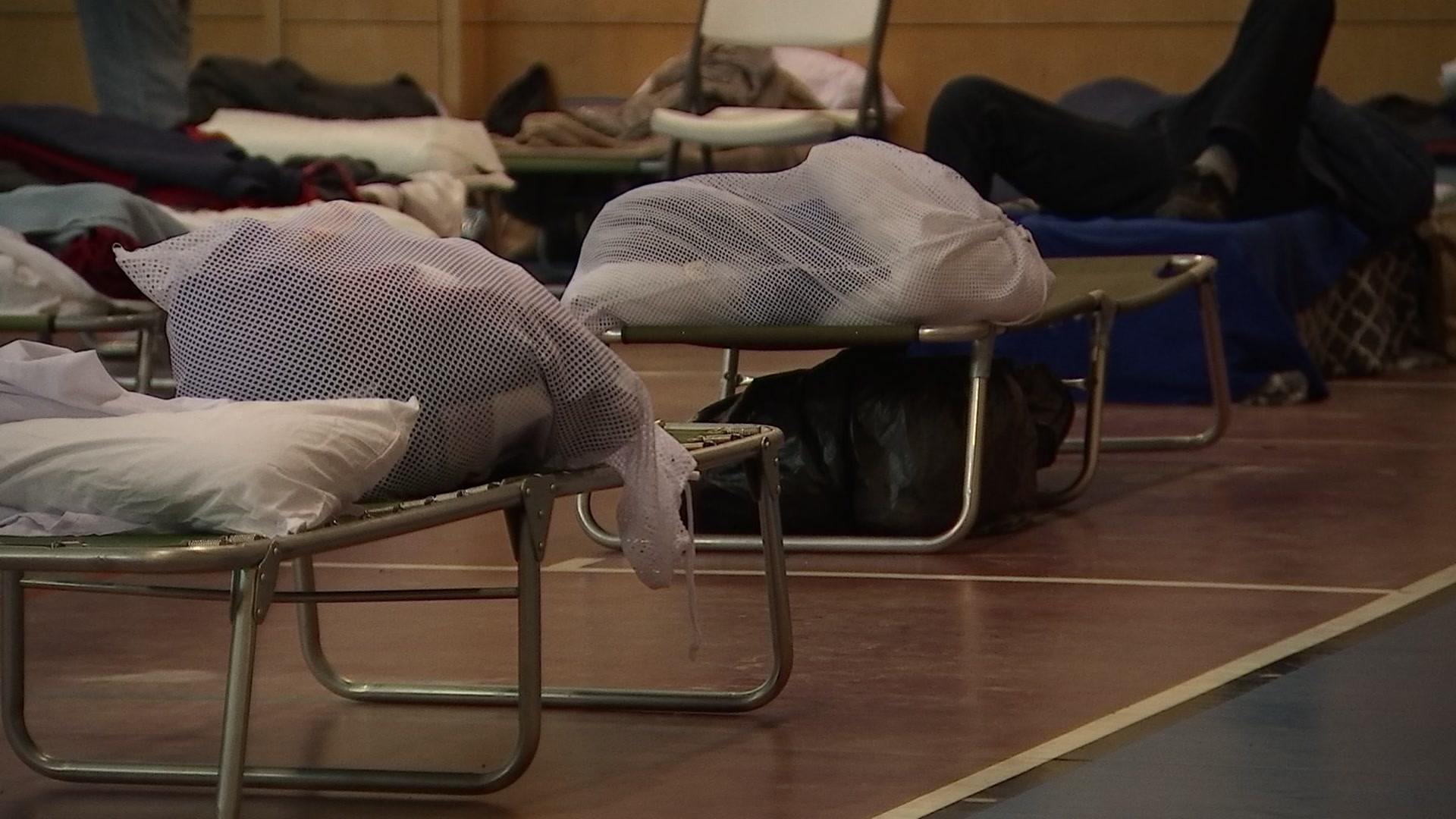What to Know
- Nonprofit that works to support the growth of industrial hemp says CBD oil is not legal in all 50 states.
- CBD user suggests strengthening laws against CBD would cause an 'uproar' and that supporters "would not go down quietly."
- The Texas Attorney General refused to give an opinion on CBD oil unless requested to do so by a state official or agency.
Amanda Ruane was hurting. She needed something.
"You know, the depression was so heavy. I can't even describe it," Ruane recalled from her home in McKinney. For her, what worked was CBD oil, the new health craze in North Texas that is drawing questions on whether it’s legal.
Ruane swears by the oil, saying people like her can improve their lives with CBD because it can relieve depression, calm anxiety and reduce the severity of epileptic seizures.
Ruane said she assumed CBD oil was legal in Texas because stores selling the product were opening up all across the state.
"They sell it just out in the open, right down the road here," Ruane said.
![[UGCLA-CJ-breaking news]Lake Elsinore fire](https://media.nbcdfw.com/2019/09/amanda-ruane.jpg?quality=85&strip=all&resize=218%2C123)
But in neighboring Tarrant County, prosecutors say possession of some CBD products can land a person in jail on felony drug charges.
Local
The latest news from around North Texas.
"It's illegal. And until the legislature changes that, it's going to continue to be illegal," said Larry Moore, criminal division chief for the Tarrant County District Attorney’s Office.
CBD oil is derived from hemp, a plant that's part of the cannabis family. But it does not produce a high because it contains little or no THC, the intoxicant in marijuana, which is also part of the cannabis group.
Not all Texas prosecutors agree on what to do about CBD. Some told NBC 5 Investigates they will "not" aggressively pursue CBD-only cases, while others said they are still deciding how to deal with the oil.
The Texas Attorney General's Office, meanwhile, has not issued a legal opinion on how state law relates to CBD.
"I would say it's very muddy," said Texas Rep. Stephanie Klick (R-Dist. 91), at Tarrant County Republican who is working on a bill to clarify things.
Klick has already authored the state's "compassionate use" law, creating three licensed dispensaries where patients with severe epilepsy can buy medicinal CBD with a prescription.

A retired nurse, Klick said she believes more people may one day benefit from CBD, but that there needs to be better regulation to ensure the ingredients are safe in non-prescription CBD.
"The buyers really should beware because they really currently do not know what these products contain," she said.
Dallas pharmacist Emile Abdo, who sells CBD products, said he supports so-called "truth-in-labeling" laws, because "there's a lot of products out there that are mislabeled."

But he said he hopes the state does not prevent people from purchasing quality CBD, because the oil is helping many patients.
"As a pharmacist, and being on the front lines of the opioid epidemic, I think it's important for us to be able to provide different therapies that aren't addictive," Abdo said.
He is among a growing number of shop owners who said they believe CBD is currently legal in Texas, pointing to the recent passage of the federal farm bill that legalized hemp as a commercial crop.
But some experts told NBC 5 Investigates that the different states set their own rules, and that Texas, unlike the federal government, has not legalized farming hemp.

The Hemp Association, a nonprofit group that works to support the growth of industrial hemp, said CBD oil is not legal in all 50 states as some advertisers have claimed. However, the association said it will push the Texas State Legislature to make CBD more accessible for people like Amanda Ruane.
If, instead, Texas toughens the laws against CBD, Ruane said, "then they really need to think about the consequences and the uproar that's going to come with it. Because we are not going to go down quietly. I know I'm not."



